"I text mum 5 times a day" - new survey calls it 'endless parenting' but is it bad?
Some say today's young adults lack independence, but is a lasting reliance on parents really that bad?

According to research, we've entered the age of 'endless parenting,' where children are relying on their parents for support for longer - but is it really a bad thing? We asked the experts.
Parents have long wanted to raise resilient children, children who know how to be independent and go into the world without fear. But no matter how resilient or independent a child grows up to be, it appears that they'll never not need their parents or not want to be in near constant contact with them.
According to a new study conducted by the Pew Research Center, adult children are more reliant on their parents than ever before. More than 70% of people aged 18 to 34 talk with their parents on the phone at least a few times a week, calling up to get advice on their careers, money, and health.
The money aspect is a big part of it. 60% of surveyed parents said they had helped their adult children financially in the past year and a different PEW Research survey found that 52% of those aged 18 to 29 still live with their parents, making them incredibly reliant on them.
It's all led to researchers coining the phrase 'endless parenting.' The idea is that parents will always be in demand now, that kids will always need their help and advice even as they grow up into adults. But hasn't this always been the case? Do you stop being a parent when your child turns 18? No. And endless parenting shows that kids appreciate their parents and enjoy speaking with them, that they trust their advice and want to keep a loving, trusting relationship with them even as they grow up, move out of the family home, and start their own families too.
Claire Law, a teacher, relational psychotherapist, and senior contributor at Four Minute Books, told us here at GoodTo.com of the phenomenon, "The concept of 'endless parenting' is a fascinating shift in the parent-child dynamic that we're seeing more and more these days.
"As a psychotherapist, I see both positives and negatives to this prolonged parental involvement. On one hand, having that unwavering support system can be incredibly helpful as young people navigate the challenges of adulting. But it's crucial that there are still boundaries and opportunities for the adult child to problem-solve on their own and build self-sufficiency."
GoodtoKnow Newsletter
Parenting advice, hot topics, best buys and family finance tips delivered straight to your inbox.
'Endless parenting' may not only be impacting kids, but also their parents as they miss out on finally getting some time back for themselves. "For the parents, this phase can actually be a time of self-rediscovery," Law says. "As challenging as it may be to redefine their role, it opens the door to focusing on personal growth outside of just being 'mum' or 'dad'."
But, ultimately, Law says there is no need to jump to either end of the spectrum. Instead, parents and their children should ind a healthy balance that allows endless parenting to be manageable and healthy.
"Parents going through this endless stage can lean on each other, share stories, and get help from professionals. It's all about finding that balance of being there for your adult kids while still fostering their independence," she said.
Lots of things are changing for families, some for the better and some for worse. For one, Sweden has introduced a 'groundbreaking' grandparental leave policy, but our Deputy Editor believes it will never work in the UK for this reason. Plus, in the UK the change to a Labour government means some big changes for education, childcare and family policy - though funding schools might not be ‘immediate priority’ under the new government.
Charlie Elizabeth Culverhouse is a news writer for Goodtoknow, specialising in family content. She began her freelance journalism career after graduating from Nottingham Trent University with an MA in Magazine Journalism, receiving an NCTJ diploma, and earning a First Class BA (Hons) in Journalism at the British and Irish Modern Music Institute. She has also worked with BBC Good Food and The Independent.
-
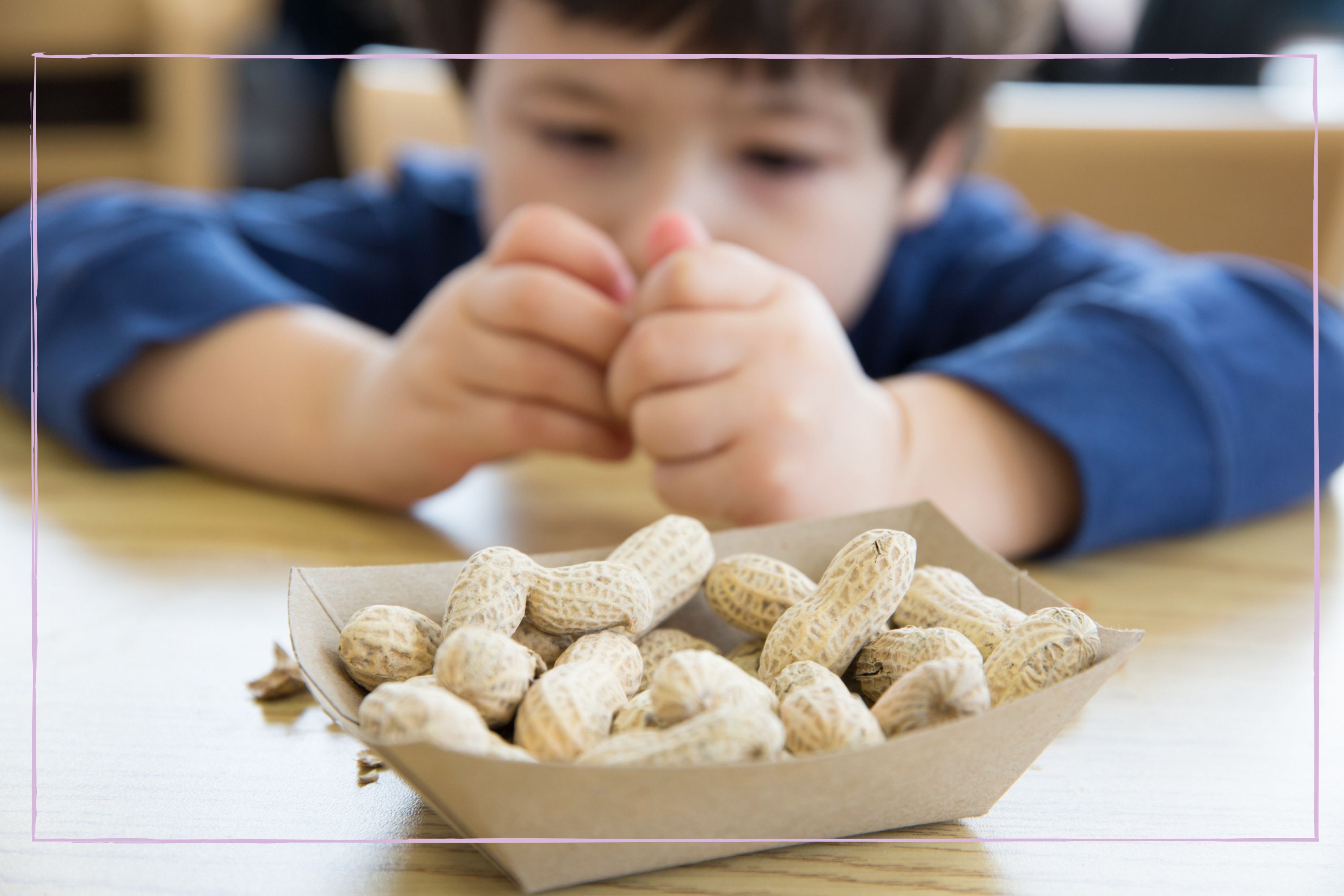 12 things parents of allergy children really want everyone to know
12 things parents of allergy children really want everyone to knowWe spoke to some parents who have children with allergies - they want everyone to know just how serious and debilitating it can be when your child suffers allergic reactions to food.
By Lucy Wigley
-
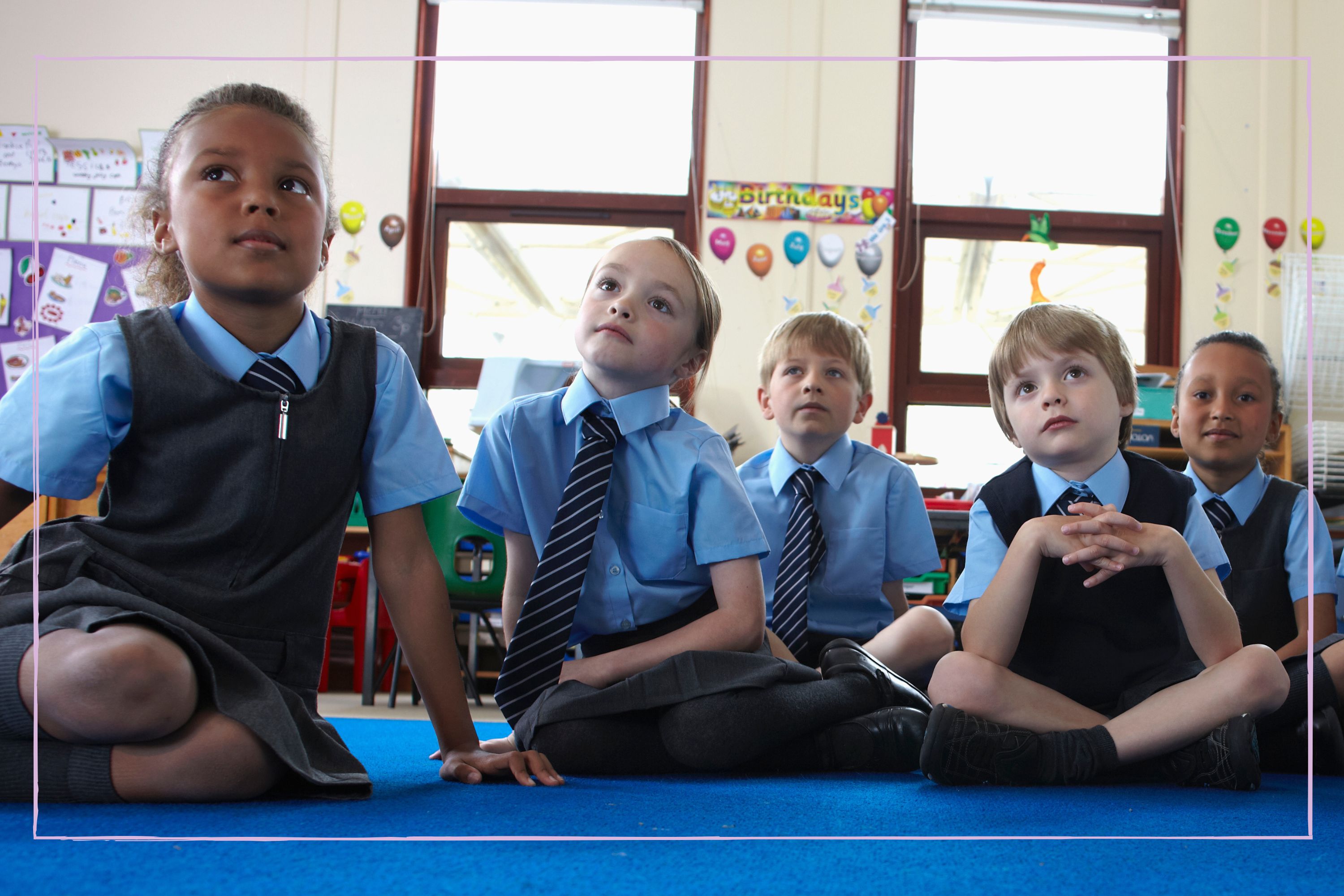 Want to feel old? Watch hilarious video of kids baffled by the school tech their parents used
Want to feel old? Watch hilarious video of kids baffled by the school tech their parents usedMost schoolchildren have no idea what the common classroom tech from just a generation ago was used for, let alone how to use it
By Charlie Elizabeth Culverhouse
-
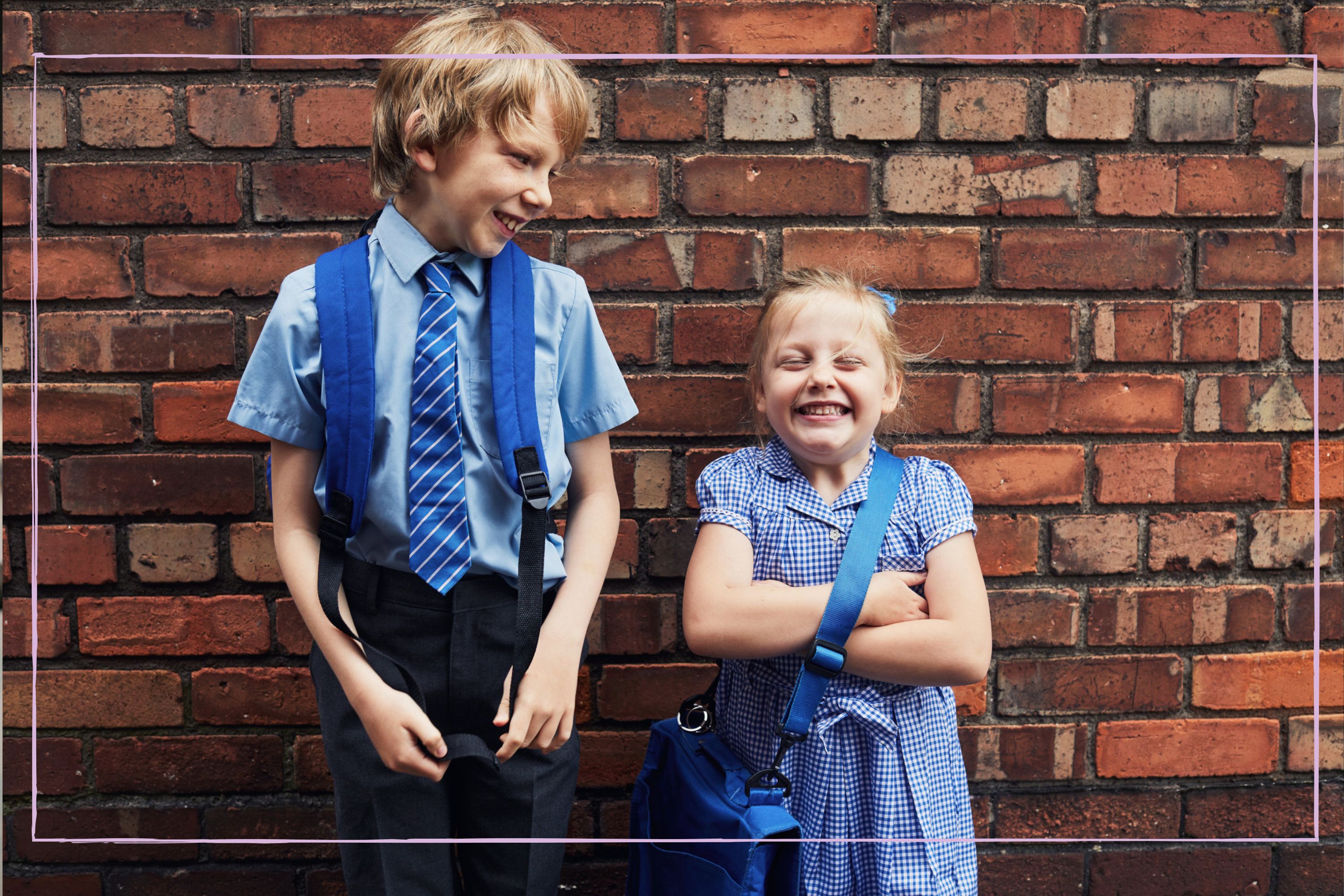 Back to school photo checklist - here's what parents need to think about first, from an expert
Back to school photo checklist - here's what parents need to think about first, from an expertBefore you post that adorable back to school photo online for your friends and family to see, a parenting expert wants you to think carefully about how much the picture reveals.
By Lucy Wigley
-
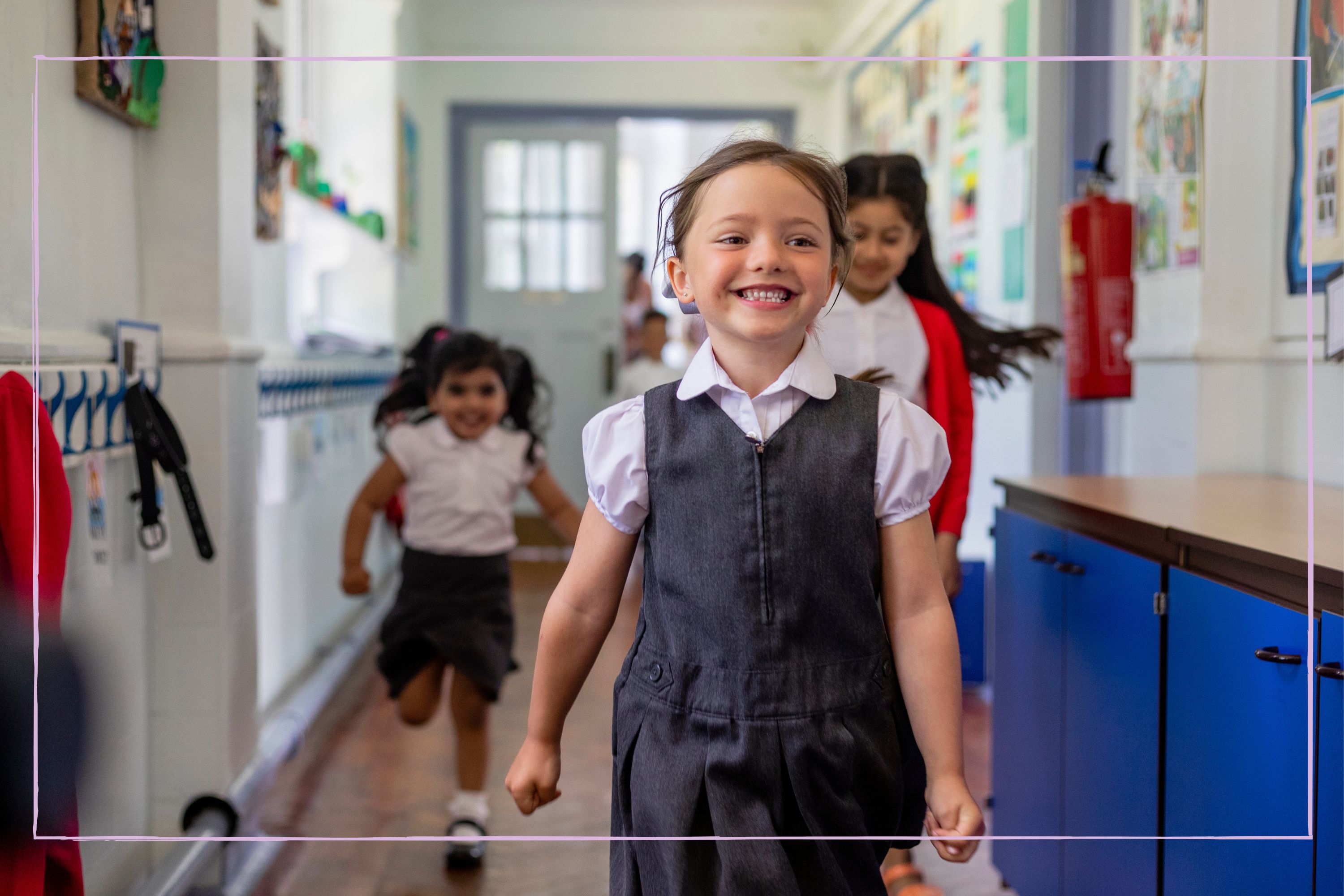 4 phrases to help kids settle on first day back at school, according to a child development expert
4 phrases to help kids settle on first day back at school, according to a child development expertIt's natural for kids to struggle with some 'separation anxiety' when returning to the classroom, and dealing with it is so much easier with expert insight
By Charlie Elizabeth Culverhouse
-
 Oasis reunite - the 15 facts your kids need to know about 90s band
Oasis reunite - the 15 facts your kids need to know about 90s bandEducate your kids on music's most infamous falling out and get them just as excited as you are for the Oasis reunion
By Charlie Elizabeth Culverhouse
-
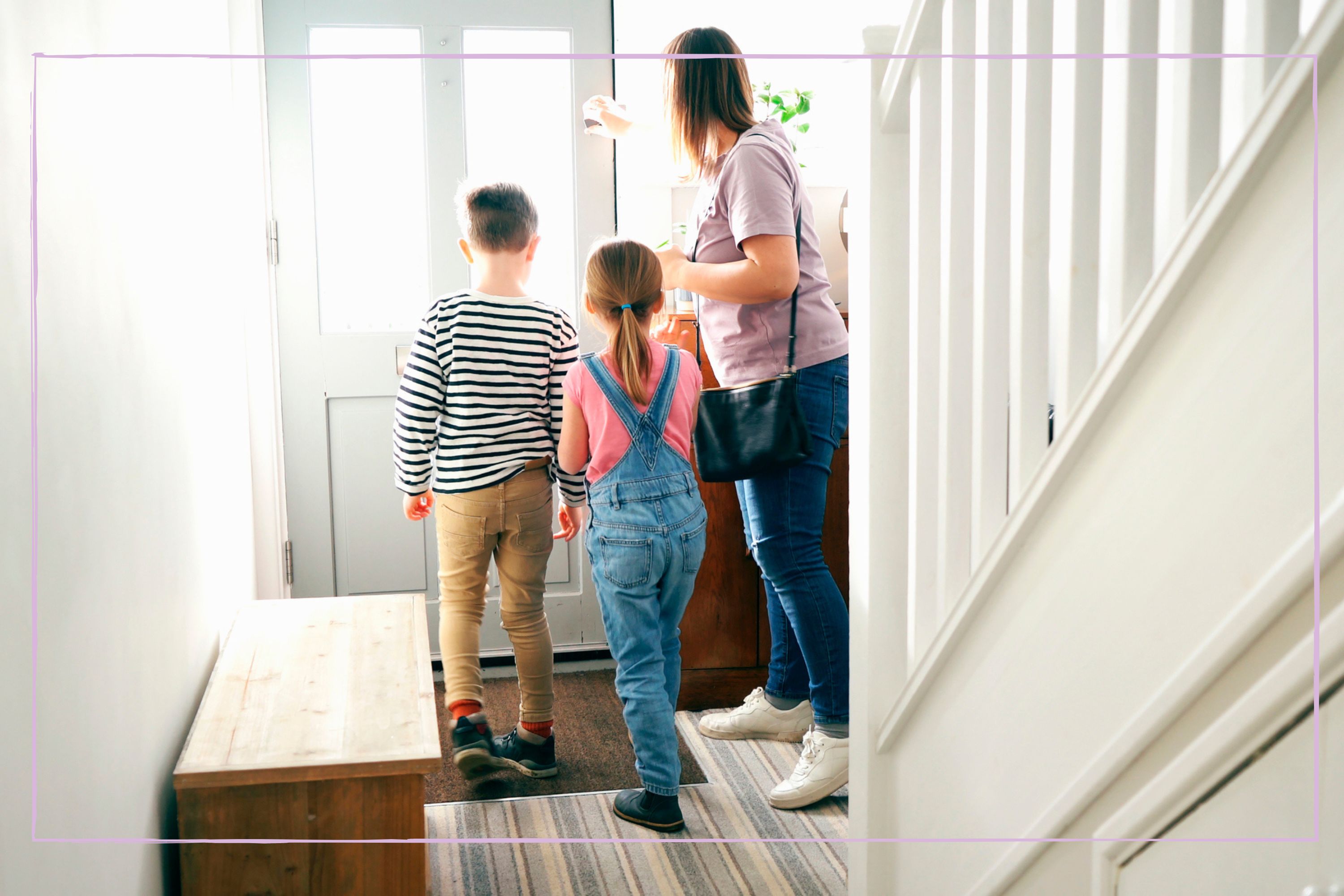 5 surprising ways rushing your kids out the door can be damaging, according to experts
5 surprising ways rushing your kids out the door can be damaging, according to expertsAre you always rushing your kids out the door? Life is a constantly hectic schedule and although you need to be places on time, it can actually be damaging to kids.
By Lucy Wigley
-
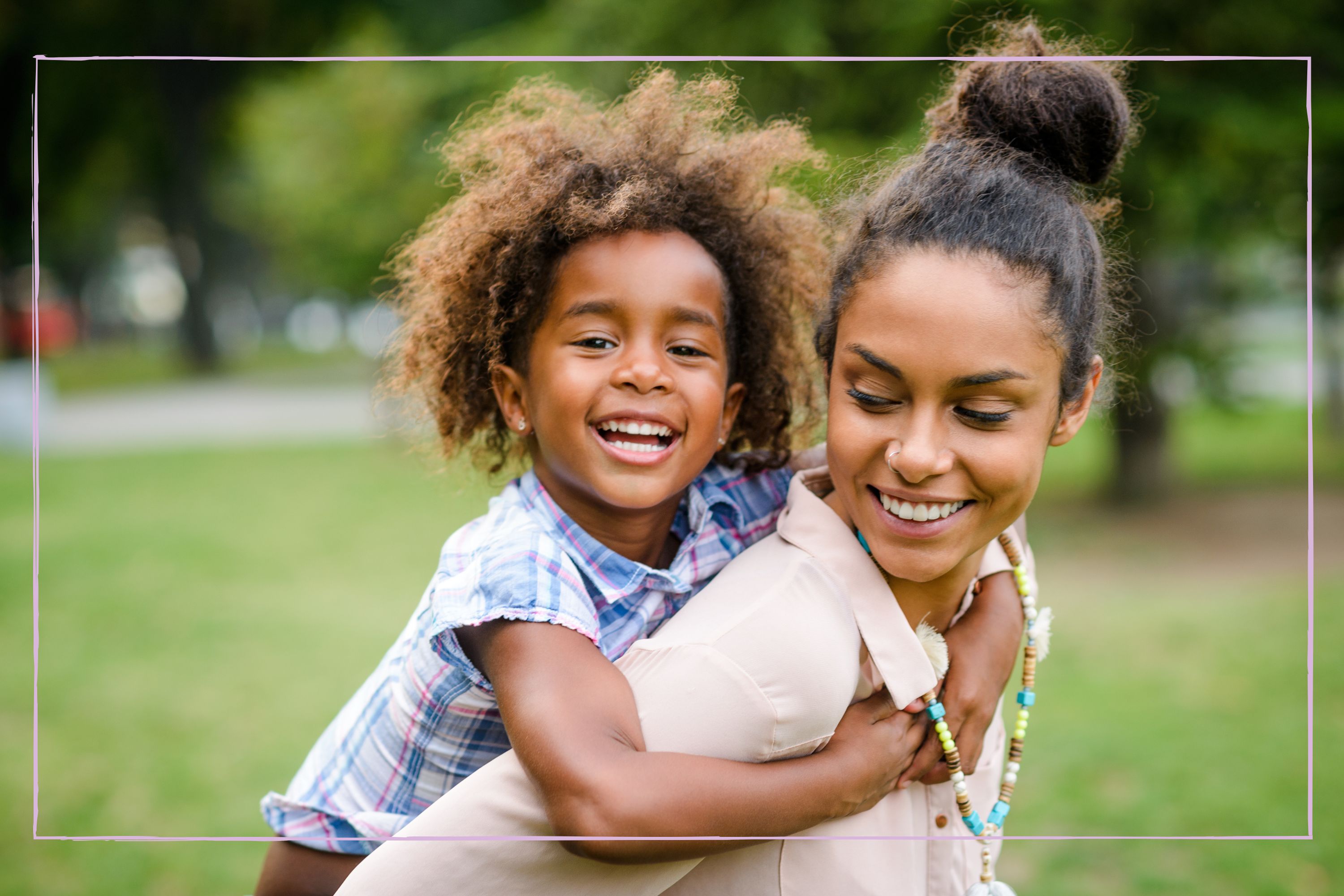 10 ways Millennial parents are ‘breaking the cycle’ - and teaching kids life lessons they were never taught
10 ways Millennial parents are ‘breaking the cycle’ - and teaching kids life lessons they were never taughtBeing a 'cycle-breaker' is vital for parents who want their kids to learn life lessons they were never taught
By Charlie Elizabeth Culverhouse
-
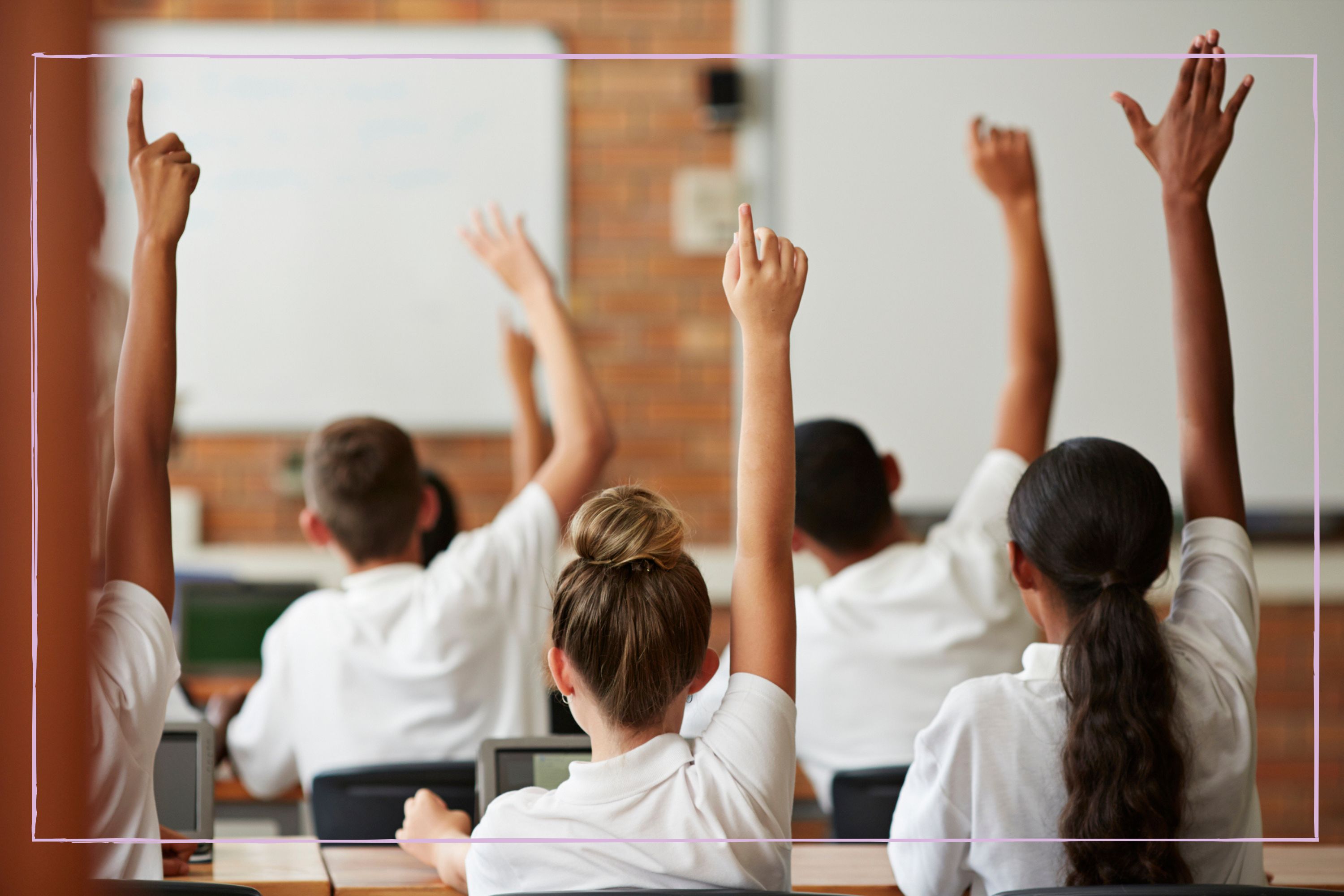 Plans to teach children how to spot ‘disinformation, fake news and putrid conspiracy theories’ in schools unveiled
Plans to teach children how to spot ‘disinformation, fake news and putrid conspiracy theories’ in schools unveiledIn a bid to tackle how children interpret what they see online and how they spot fake news, the government has announced how this will be handled in schools.
By Lucy Wigley